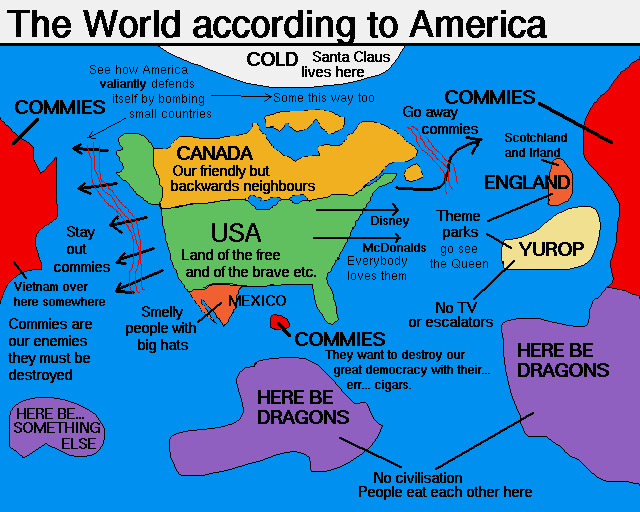 As we wrap up our unit on women and children, I have noticed a rather odd trend in the news.
As we wrap up our unit on women and children, I have noticed a rather odd trend in the news.Matt Lauer, on the earthquakes in Haiti said, "We have to wonder about the effect this will have on mothers and families." I understand that this was a terrible event, but this had a effect on everyone, not just women and children.
On NPR, when reporting ona suicide attavck in the Gaza Strip, the reporter went through the trouble to list the death toll, then the number of children killed and the number of women killed.
The children part I can understand (we see children as meek and in nead of our protection). I don't understand why we still put so much emphasis on women. Even though this is certainely not the worst case of sexism in our society, it is, to me at least, the most obvious. This type of blatant sexism is really unfair to both sexes. It, obviously, points out women as weak and makes it seem like their deaths are out of control. It also implies that we should have more sympathy for women. This is also kind of unfair to men, who have less emphasis put on their deaths and are meant to seem more justifiable to kill.


'This is also kind of unfair to men, who have less emphasis put on their deaths and are meant to seem more justifiable to kill. '
ReplyDeleteI agree that this is what they try to accomplish when they say women, children, but not men. However, to an extent it may be practical. For the Israeli-Palestinian conflict, I think the numbers for men and women are focused on because it's often unclear what killed man is a civilian or militant. In some instances the confusion may be exploited to say that a civillian death was not wrong at all or isn't in any situation. But to a degree there may be some confusion necessary to avoid.
"For the Israeli-Palestinian conflict, I think the numbers for men and women are focused on"
ReplyDelete*women and children are focused on. Sorry.